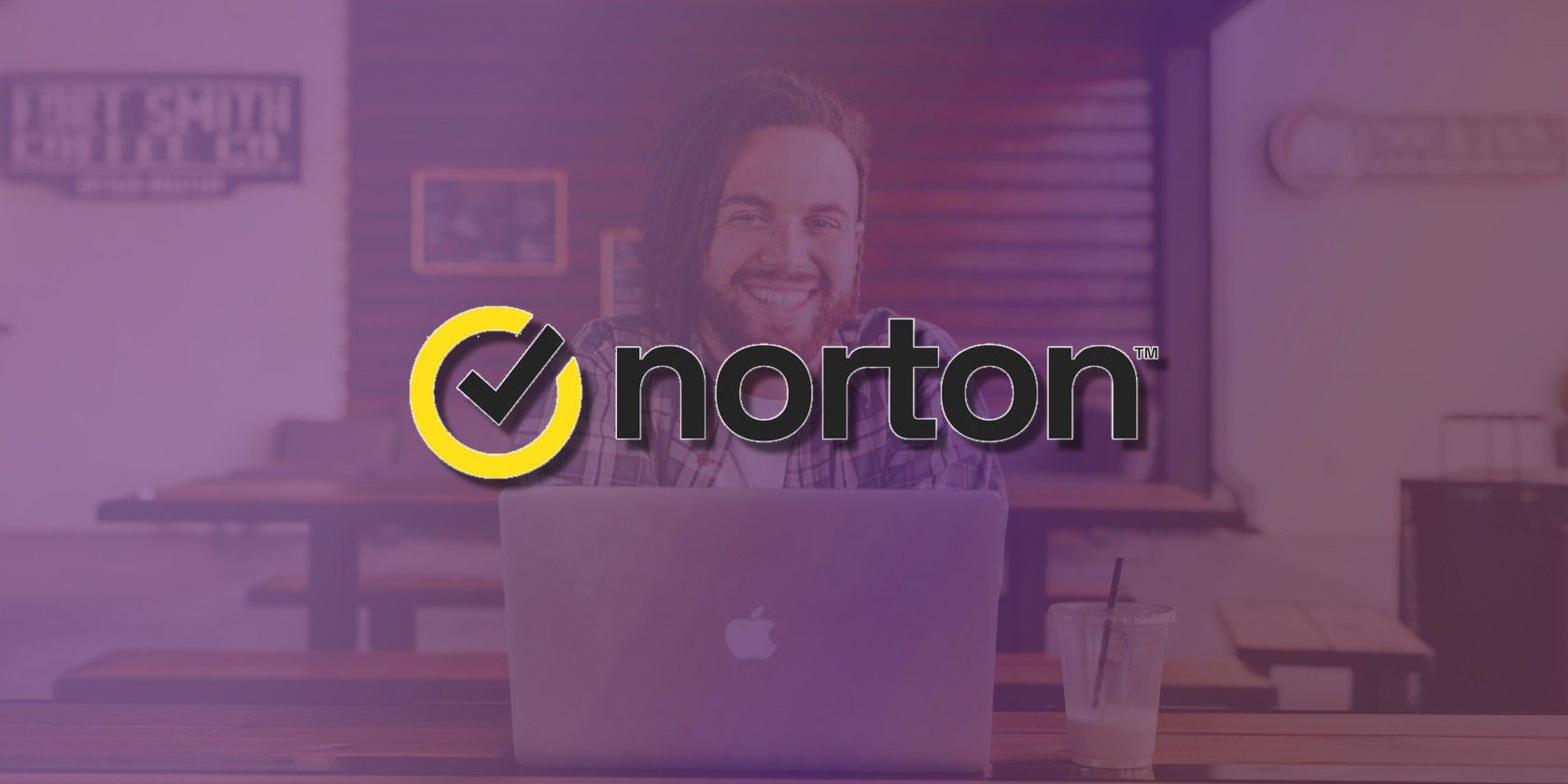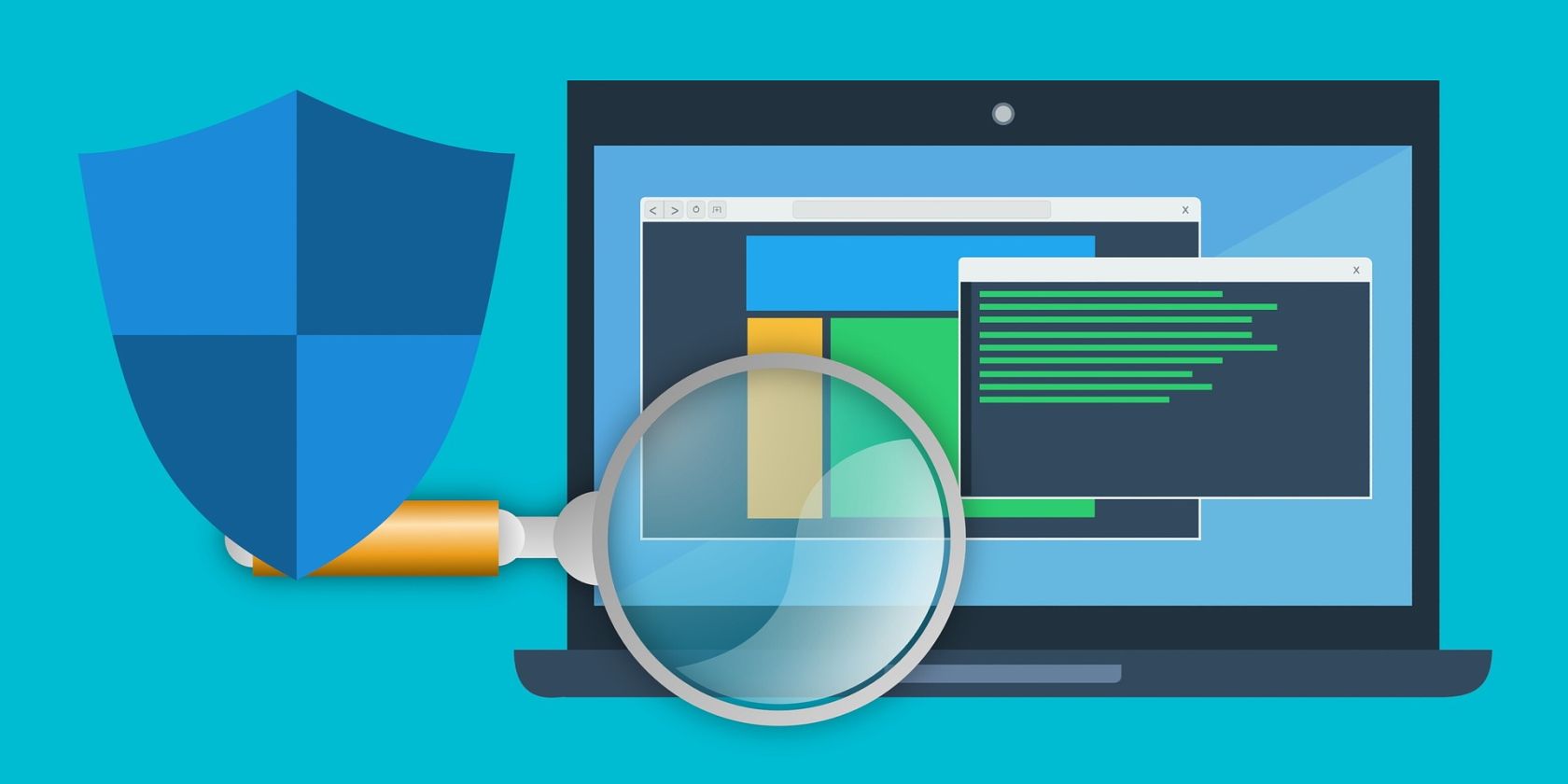NortonLifeLock and its Norton antivirus are household names, and it has acquired over 70 companies since being founded as Symantec Corporation in 1982.
In the past few years, NortonLifeLock has acquired Avira and Avast. With those two big names and AVG under its umbrella, eyebrows have been raised as consumers and antitrust regulators mull over what the future could hold.
Avira acquired BullGuard in 2021, which was under Norton at the time, and in a year found itself replaced by Norton's software. BullGuard’s unique features may be lost to history. What does this mean for you and the wider antivirus industry?
Why Is Symantec Now NortonLifeLock?
Symantec Corporation was founded in 1982 and it kept that name until 2019 when it was renamed NortonLifeLock. Norton was the name of Symantec's consumer software, whereas its enterprise solutions used the Symantec name like Symantec Endpoint Protection.
Although LifeLock was acquired by Norton in 2017, the name change happened in 2019 after Broadcom Inc. took over the enterprise security division of Symantec after attempting to purchase the whole company. The deal closed at $10.7 billion and separated NortonLifeLock and its Norton software from Symantec which continues to offer enterprise solutions.
Norton's 2017 acquisition of LifeLock was a $2.3 billion deal and allowed Norton to offer dark web monitoring, identity protection, and identity restoration services to consumers, which is now one of the top identity protection and monitoring services available.
What Has NortonLifeLock Acquired?
In the 1980s, three companies were taken over with no known value. In the 1990s, 25 companies were acquired with a combined value of nearly $1 billion. This trend continued into the 2000s with 37 companies being acquired. Two of these were in the billions: Altiris Inc. (in 2007) for over $1 billion; and Veritas Software (in 2005) for over $13 billion.
To this day, the Veritas deal is NortonLifeLock's biggest acquisition, and it made Symantec the fifth-largest software company in the world. Those 37 companies with a known value totaled nearly $19 billion combined.
From 2010 to 2021, 24 companies were brought by the Norton umbrella, with a combined known value of over $18 billion. This included direct competitors in the consumer space and other big names with hundreds of millions of monthly active users in the antivirus industry.
VeriSign's authentication unit, which issues SSL certificates, was acquired in 2010 for over $1.2 billion. The VeriSign logo had a checkmark in it at the time, which is where Norton's checkmark logo came from. SSL certificates are used by HTTPS to protect data in transit.
Next, in 2016, came Blue Coat Systems, which was behind the consumer success K9 Web Protection, and came with a giant market share in enterprise software. It was acquired for over $4.6 billion. The the followiung year came LifeLock. That's also when the Norton-branded VPN, including in many Norton packages, came into being, with the $38.5 million take over of SurfEasy, Inc. With this technology, Norton became one of the best antivirus suites with VPNs.
What Happened to the Big Names NortonLifeLock Acquired?
NortonLifeLock acquired Avira for $360 million in 2020, and Avast for $8 billion in 2021. The Avast deal is the second largest made by Norton and is still changing the industry today.
Avast Software, founded as Alwil Software in 1988, faced fierce competition from then-Symantec which used an aggressive pricing model. Instead, Avast offered a free version of its software, a radical decision that made it the largest antivirus firm in the world.
In 2016, Avast acquired AVG for $1.3 billion. It also acquired Piriform, the company behind CCleaner, for an undisclosed amount. It's safe to say that Avira, AVG, Avast, and Norton are household names. Almost everybody will have heard of or seen the logos of these companies as their software is so widespread.
This means that NortonLifeLock currently has three household names under its umbrella. Avast and AVG have been working on combining the features and protection capability of their software since the 2016 merge. AVG had behavioral detection that Avast did not, and Avast had cloud detection that AVG didn't. The merge of AVG and Avast changed little on the front end but offered consumers the best technology from two leaders in the antivirus industry in the background.
Little has changed on the face of Avira, AVG, and Avast since the Norton acquisition. It is likely to stay this way, at least for the time being, as all brands have their own loyal customers and reputations. Like Avast and AVG, it would be good to see the backend of the NortonLifeLock antivirus software combine the best technology from all its brands.
What Have Antitrust Regulators Concluded?
The Norton and Avast deal was announced in August 2021 for $8 billion. The UK Competition and Markets Authority cleared the acquisition following an in-depth merger investigation from March 2022 to August 2022. This was a two-phase investigation, with phase one concluding that the deal could realistically lessen competition.
Phase two was much more in-depth and concluded that the deal does not substantially reduce competition (at least in the UK), and it is not likely to in the future. The deal went through in September 2022.
Phase two mentioned the competition from McAfee, acquired for $14 billion in 2019, and Windows Defender's improvements which are causing the industry to adapt and offer more features.
What Happened to BullGuard?
BullGuard was one of the best pieces of antivirus software with performance optimization for PC gamers and was known for being a lightweight and unobtrusive solution. It had unique features like PC optimization and tune-up, a game booster, a vulnerability scanner to patch holes in your operating system and software that could be exploited to compromise your system, and a secure browser all built-in.
In February 2021, BullGuard joined Avira as part of NortonLifeLock. There were no changes initially, until July 2022 when BullGuard could no longer be purchased. Those with BullGuard installed on their computers may have been shocked to find the BullGuard insignia changed to the Norton tick logo. They now face the choice of switching to Norton by default, or looking elsewhere.
While the service offers Norton 360 for Gamers, it lacks the unique features BullGuard had, except for the game booster. Norton does not have the same performance reputation that BullGuard had either.
What Could the Future Hold?
As we saw with the Avast and AVG merger, great things can come from market leaders combining their technologies. Avast's cloud detection and AVG's behavior scanning combined have created amazing products. NortonLifeLock is in a good position to combine the data and technology in all of its brands to create the best protection and detection capabilities around.
It likely wants the separate brands to stick around as they have loyal customers and are well-established. We hope to see mergers that combine the best of the best to improve products further, but as we've seen, features and technology can be lost when these mergers happen.




